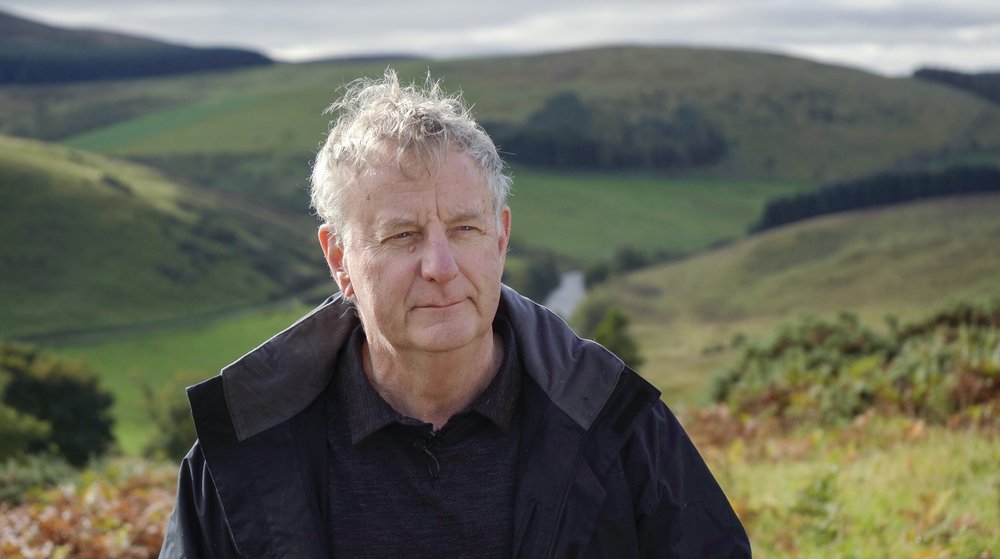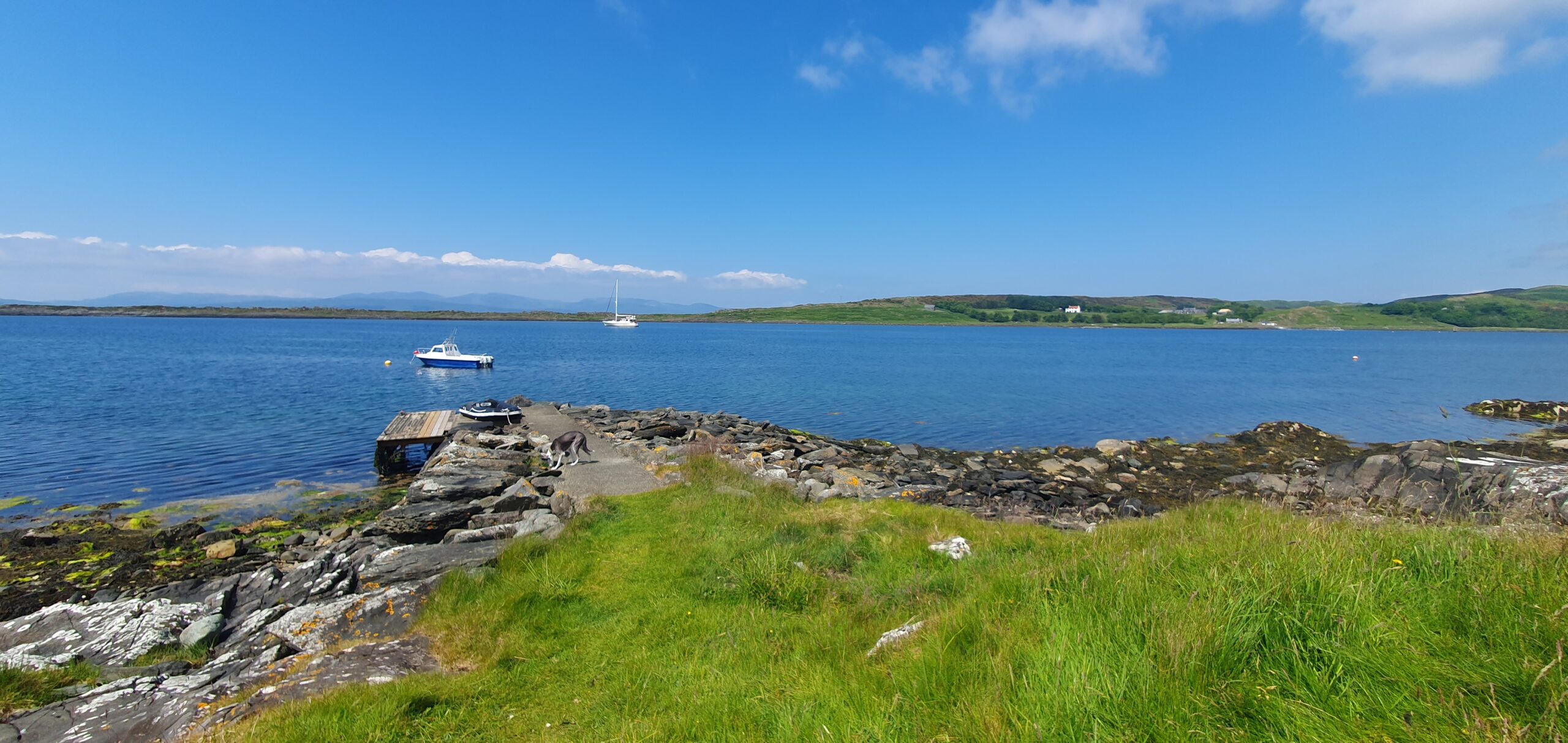Tanants on the Tayvallich estate at Knapdale in Argyll have been promised a “no-eviction policy” by entrepreneur Jeremy Leggett as part of a deal unveiled that trumpets a “triple win” for “community prosperity, nature restoration, and the delivery of ethical profit to shareholders”.
Under the agreement, the first of its kind in the UK, Dr Leggett’s Highlands Rewilding company will also sell parts of the land to the local community, as well as maintaining or expanding the number of jobs on the estate.
Highlands Rewilding bought the 1,300-hectare (3,200-acre) Tayvallich estate in May for £10.5 million.
It aims to “rewild” the estate by planting trees to soak up carbon dioxide from the atmosphere to help tackle climate change and provide habitats for wildlife to help stem Scotland’s biodiversity crisis.
The trees will help to restore fragments of temperate Atlantic woodlands – known as “Scotland’s rainforests” – which lie on Tayvallich.
The company bought the estate after raising £1.17m through a crowdfunding campaign, receiving money from private investors, and taking out a £12m loan from the government-backed UK Infrastructure Bank, which marked the lender’s first Scottish deal.
Demand for land for tree planting has risen as companies and individuals look to invest in Scotland’s “natural capital” amid the climate crisis.
But organisations including the John Muir Trust have warned such investment needs to also benefit local communities, with Màiri McAllan – then Scotland’s environment minister – last year unveiling “interim principles for responsible investment”.

Jeremy Leggett, CEO of Highlands Rewilding
Dr Leggett said: ‘Community engagement is central to all the work we undertake and forms an integral part to the success of nature regeneration and community prosperity.
‘We’re delighted to have reached a conclusion with the memorandum of understanding (MoU) and look forward to our ongoing work with Tayvallich Initiative and the wider community to develop the best-practice in Scotland.
‘It’s my hope that the protocol, coupled with our efforts in maximising nature recovery by rewilding and repeopling, will be an exemplar for our work and one that other land managers and landowners across the country will adopt.
‘The model Highlands Rewilding is pursuing is one that can attract investment into nature recovery at the scale desperately needed to halt biodiversity collapse, with community invited to be part of this; second only to that within community land trusts.’
The MoU was signed with Tayvallich Initiative, which was set up last year to manage land on the estate that had already been given to the community by its previous owner, the family of the late Catherine Pollock.
Last month the organisation secured £565,000 from the Scottish Government’s Scottish Land Fund to buy land and build affordable houses.
Martin Mellor, chair of Tayvallich Initiative, added: ‘We’re pleased that Highlands Rewilding and Tayvallich Initiative have signed a wide-ranging MoU.
‘It creates an embryonic framework to enable Highlands Rewilding to continue a conversation with the wider community, including establishing a local board that has invited nominations from the wider community.
‘We look forward to developing an ongoing relationship with Highlands Rewilding as it begins work in this area [that] has great potential, for both nature restoration and regeneration, and for community prosperity and repopulation.’
Dr Legget, a former director of Greenpeace, sold renewable power developer Solarcentury to Norwegian state energy giant Statkraft in 2020 for £117.7m.
He bought the 480-ha (1,200-ac) Bunloit Estate at Loch Ness that same year, and last year [2022] purchased the 350-ha (860-ac) Beldorney Estate near Huntly in Aberdeenshire after raising £7.5m from 50 investors.

Tayvallich
Calum Brown, one of Highland Rewilding’s scientists, said he wanted to tap into the expertise of the local community who “know and manage the land” to help with his tree planting.
News of today’s deal was greeted with interest by organisations representing rural communities.
Patrick Krause, chief executive of the Scottish Crofting Federation, said: ‘It’s fair to say that crofters have always respected nature, and it is clear that crofting has a lot to offer in regard to land management and population retention.
‘But ‘rewilding’ is a term that does get crofters’ backs up a bit as it often implies humans are not welcome, so it is positive that this initiative does include people.
‘There are examples of ‘green lairds’ and the sale of carbon credits for offsetting carbon emissions elsewhere, that are ethically questionable.
‘It is hoped that the plans for this estate’s ‘natural capital’ are designed for the good of the area and of Scotland and are not just about profit.’
Steven Stewart, head of environmental, social, and governance (ESG) at law firm Burness Paull, added: ‘The relationship being formalised between Highlands Rewilding and Tayvallich Initiative is a fantastic example for others to follow and imperative if such projects are to have successful long-term impacts.
‘This is an exciting development for community and estate owner relationships in general.’
Read more on Scottish Field’s Outdoors pages.
Plus, don’t miss the July issue of Scottish Field magazine.
TAGS

